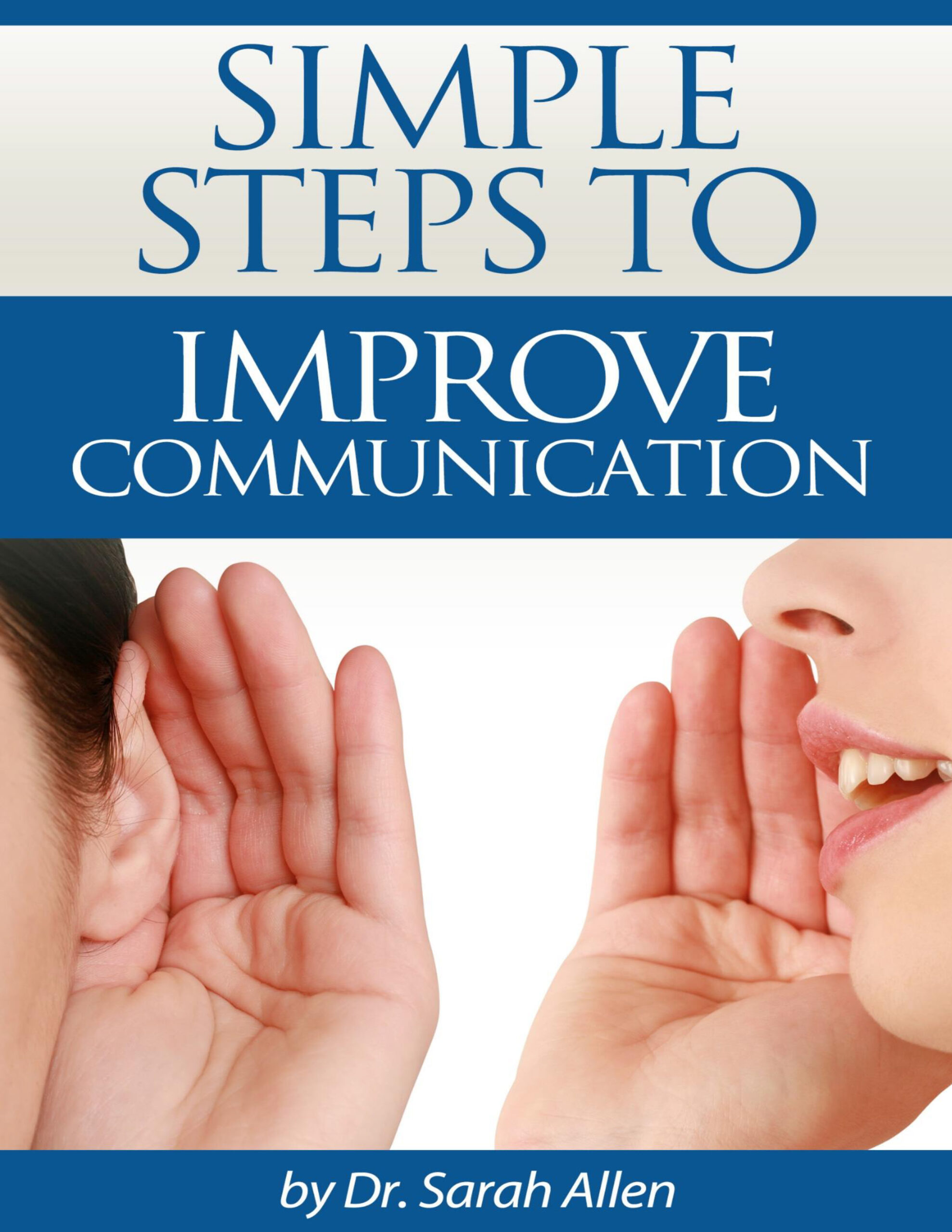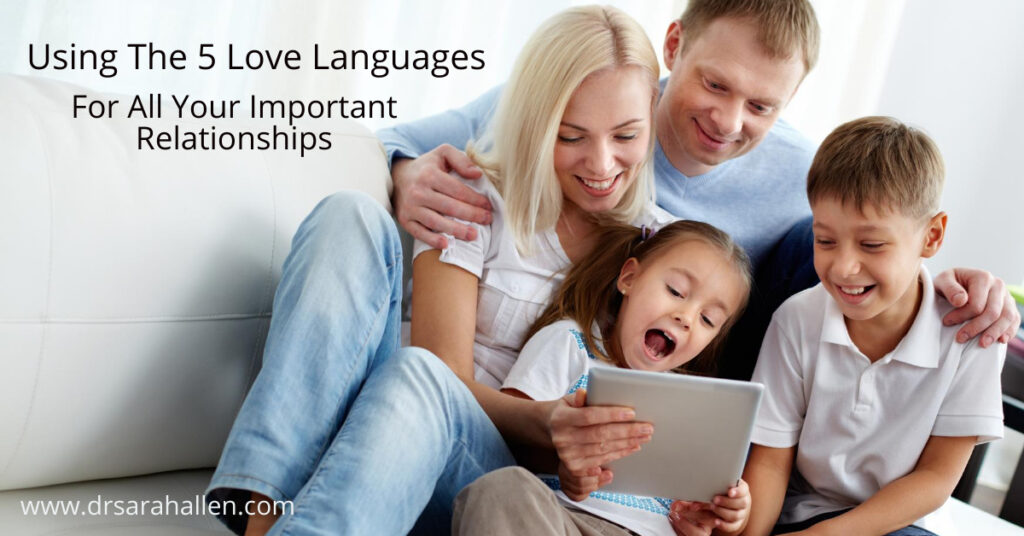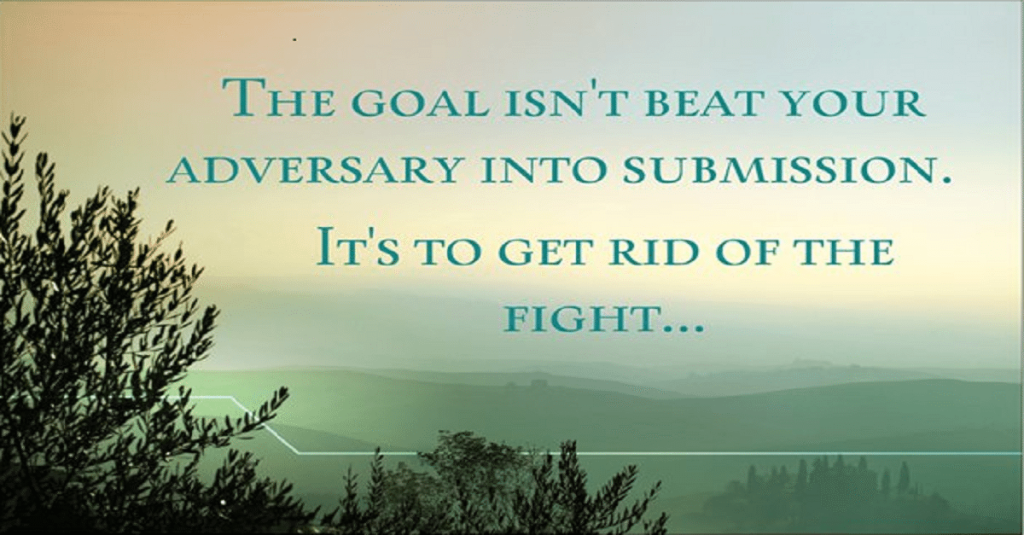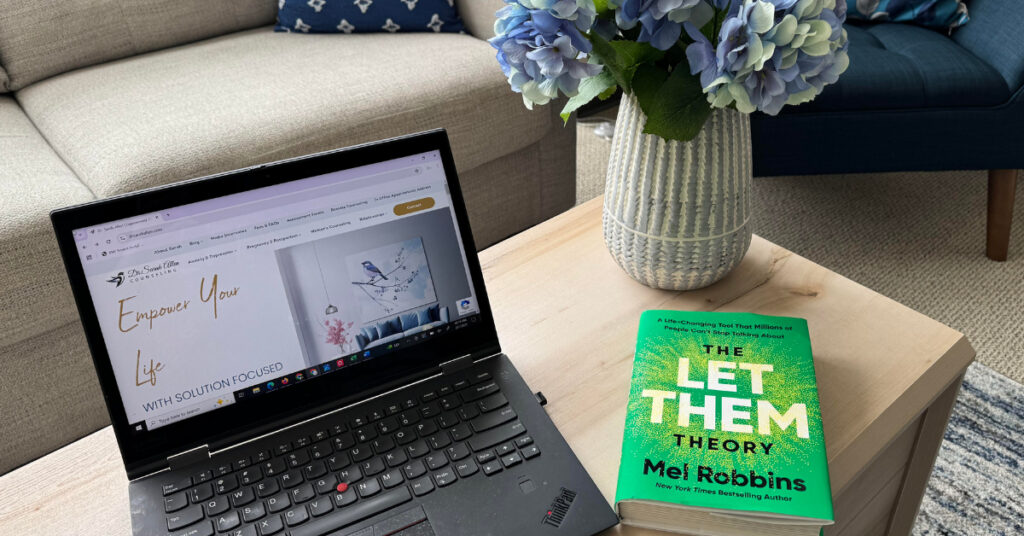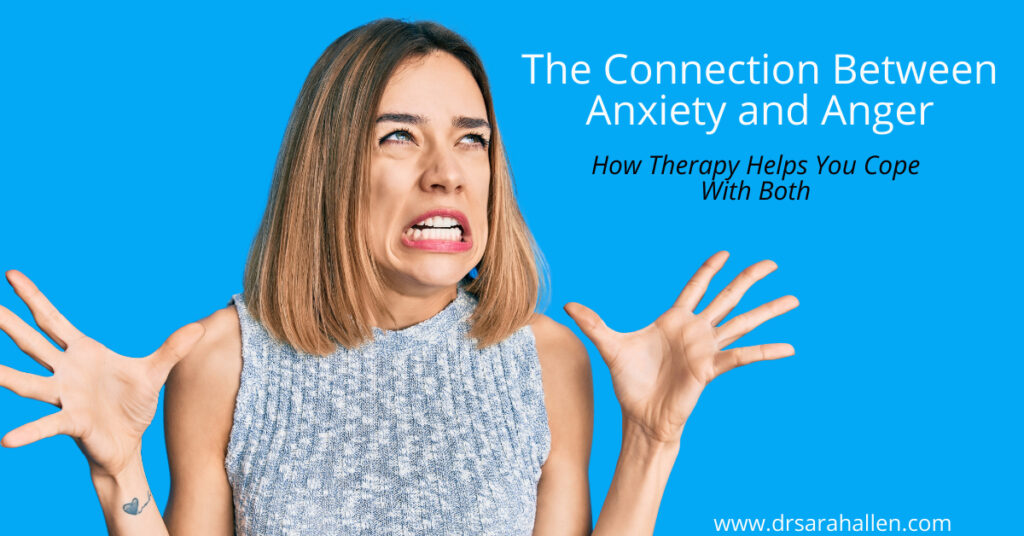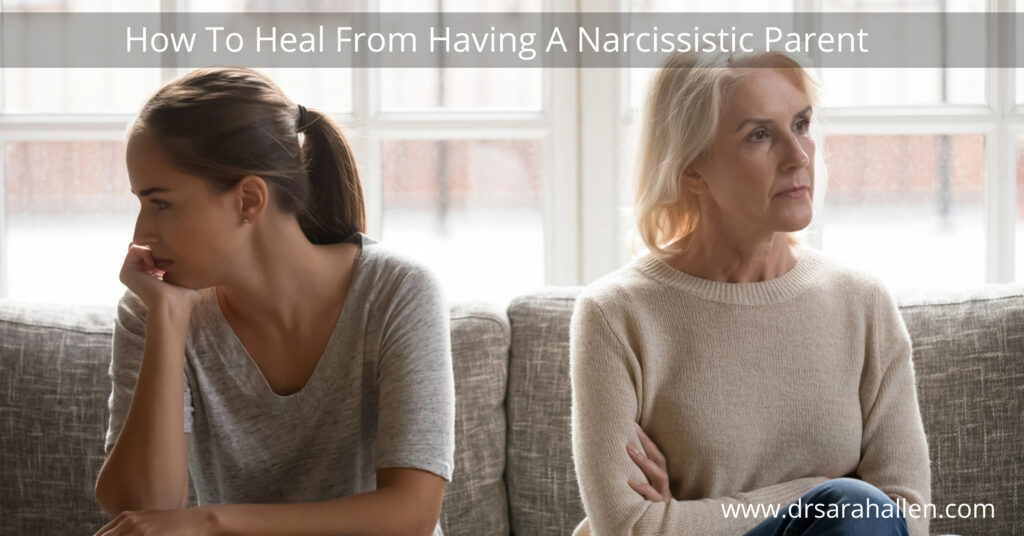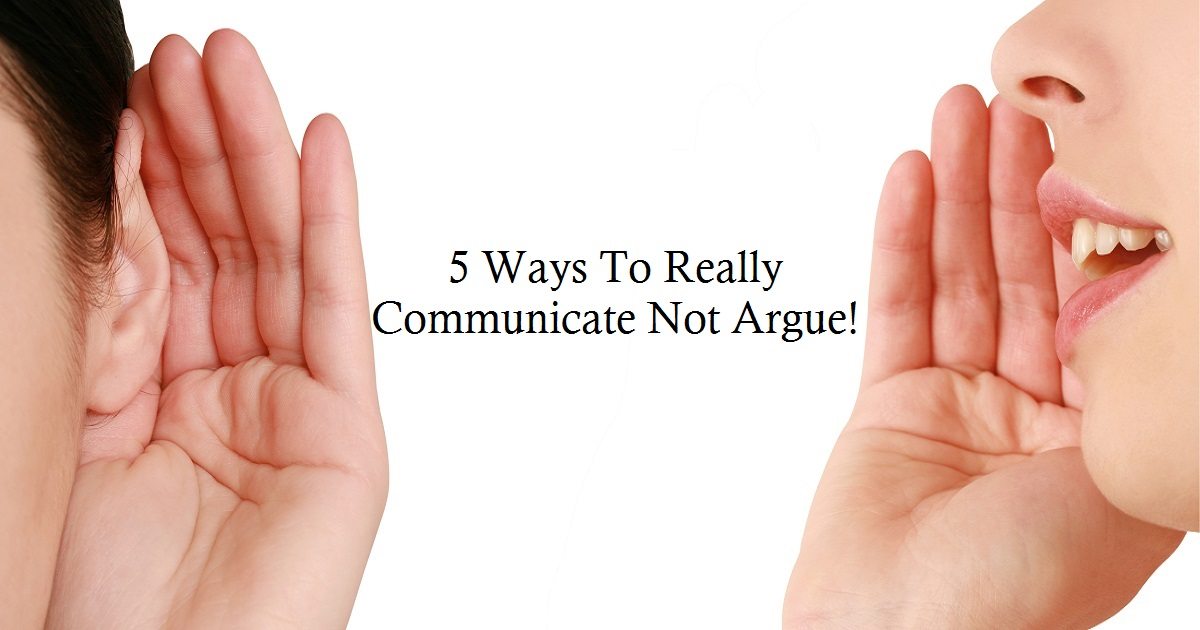
When I ask couples or families why they decided to come to see me for counseling, the most frequent answer I get is because they want to learn better communication skills to avoid arguments with each other.
Our ability to communicate with another person is the bedrock on which a good relationship is made. If there are misunderstandings or perceived slights where none were intended, feelings are hurt and people shut down or flare up their emotions. This, of course, leads to more miscommunications. Who can talk about their thoughts and feelings to someone who is shut off and not sharing how they feel too or yelling and angry?
A lot of time, communication is fine when there are no difficult issues to discuss so a big part of being able to communication well is being able to effectively communicate when there is a disagreement. Often, I am asked to help people argue better so they can resolve issues that come up again and again.

Below are 5 tips to bear in mind when you are having a difficult conversation and hopefully, the discussion will lead to problem-solving rather than an argument. A problem-solving discussion tends to work much better than an argument where neither person is listening to the other and both walk away hurt and with the issue unresolved.
The steps work well with couples but are also effective with conflict issues between family members and friends too. Everyone wants to be heard and for their needs to be met. We can’t control how another person reacts but if you try to use these tips yourself, that will hopefully deescalate the person who you are talking to.
5 Ways To Increase Communication Skills and Reduce Arguments
1. Stick To The Point
Stay focused on understanding and resolving the present problem and your feelings about it. Try not to bring up past hurts or other topics. It’s easy to get distracted from the problem in hand and bring up that time three years ago when you did…… It just heats up everyone’s emotions when you start bringing up previous arguments or times they hurt your feelings. Which brings me to
2. Take A Breath or a Short Time-Out
When we get emotional, adrenaline starts racing around your body. I know I have talked in previous blog posts about the role of adrenaline in making you feel anxious and adrenaline makes exactly the same physical sensations in our bodies when we get angry. We get hot, our heart beats faster and our thoughts race so we can’t think straight.

The only difference is when adrenaline kicks in and you are in or thinking about a fearful situation, your mind tells you to feel anxious. When adrenaline kicks in during a emotional discussion or argument, your mind is thinking angry thoughts and you may say or do things you later regret.
By taking a break and leaving the room for a few minutes you can do some deep breathing to calm down the adrenaline and come back when you can think straight and problem solve the issue or talk without being overly activated.
More details about how deep breathing reduces adrenaline can be found in my blog post A Simple Way To Keep Calm
3. What Is The Outcome You Want?
Ask yourself what your goal is. Do you just want your opinion to be heard or is there a particular outcome you want to happen? We get off track when discussions get heated but if you are aware of your end goal it is easier to turn it back to the problem in hand.
4. Use “I” Language
Begin statements with “I” and make them about yourself and your feelings. It is less accusatory, sparks less defensiveness, and helps the other person understand your point of view rather than feeling attacked.
Think about how you would feel if someone says:
A. You are always late, you don’t care I am sitting here worrying if you got hurt
B. I get really worried when you are due home at 7pm and don’t call to let me know you are running late
Statement A of course would likely trigger the late person to feel criticized and then they will probably become defensive and start arguing how it is silly to get worried. Statement B would hopefully make the late person realize that they had been thoughtless not to call and apologize.
5. Be Respectful

Lastly, always keep in mind that it is important to remain respectful of the other person, even if you don’t like their actions. If you try to see the other person’s point of view and talk to them in a non-argumentative way, you are more likely to get that response back from them. Once you have both heard each others viewpoint the problem-solving of the issue can begin.
I see clients in my Northbrook office or for your convenience, via telephone or internet sessions
If you would like to come to see me to learn more ways to communicate better and improve your relationships please phone 847 791-7722 or email me below

If you would like to learn ways to communicate better and improve your relationships please contact me with any questions or to set up an appointment at 847 791-7722 or on the form below.
If you would like to read more about me and my areas of specialty, please visit Dr. Sarah Allen Bio. Dr. Allen’s professional license only allows her to work with clients who live in IL & FL & the UK and unfortunately does not allow her to give personalized advice via email to people who are not her clients.
Dr. Allen sees clients in person in her Northbrook, IL office or remotely via video or phone.

Do you need help improving your communication skills? Download now “Simple Steps To Improve Communication”
Are you looking to enhance your ability to communicate effectively? Whether it’s in your personal relationships, professional endeavors, or everyday interactions, mastering communication is key. Download my booklet “Simple Steps to Improve Communication” now to discover practical strategies and techniques that will empower you to express yourself with clarity and confidence.
